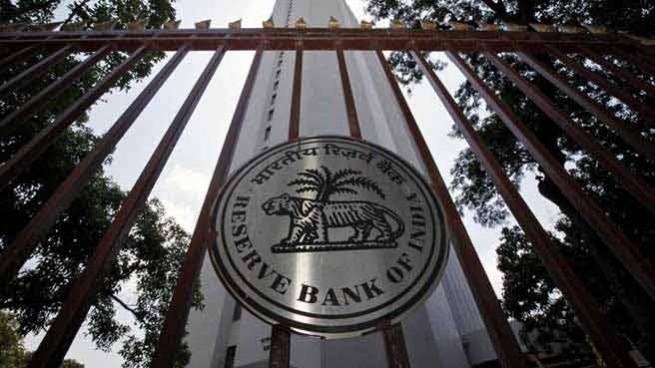
In a major relief for the small businesses and non-banking financial companies, the Reserve bank of India has further eased the hedging norms for external commercial borrowings (ECBs).
The economy especially, the NBFC sector and SMEs has been reeling under cash crunch after the Infrastructure lending and financial services (IL&FS) defaulted on its loans. In the central government has been persistent while raising the issue of a cash crunch with the apex bank.
In a circular issued by the central bank, for ECBs which have a maturity period between three-five years, the mandatory hedging requirement has come down to 70%, instead of the earlier level of 100%.
Moreover, for such ECBs already raised, the existing hedges would be required to be rolled over only to the extent of 70% of the outstanding amount. The mover could provide a tonic to corporates especially the larger companies and banks for raising foreign loans under more competitive terms. The loans then could be made available to domestic bank capital for small and medium businesses which eventually would be disbursed to the NBFCs.
The norms are eased in terms that would reduce the hedging cost of companies. Furthermore, the norms could also help the strengthening of the rupee with a higher inflow of ECBs. Earlier this month, the RBI had reduced the minimum average maturity required for the ECBs operating in the infrastructure sector to three years from five years. Moreover, the average maturity requirement for mandatory hedging was also decreased to five years from 10 years.
The RBI was adamant on the liquidity crunch in the economy but a continued pressure from the government resulted in the apex bank easing the credit flow to the beleaguered segment.
Speaking to Financial express, Economic affairs secretary Subhash Chandra Garg had said that "The traditional ways NBFCs were financing themselves have to change. The commercial papers route has got reduced substantially... Our sense is still that we need to do something more for some more time (to improve NBFC liquidity)."









